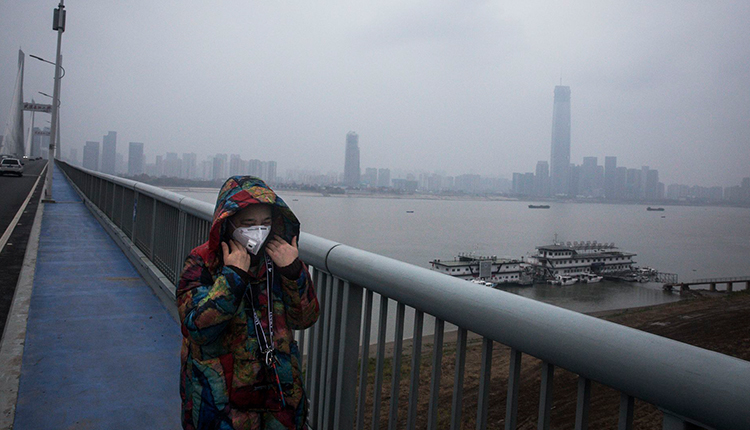Apple and Google’s joint initiative to build a platform that helps contain the spread of the coronavirus looks promising, but steps have to be taken to prevent it from invading the privacy of users for the long term, an academic with expertise on science and tech policy told CNBC on Monday.
The tech giants announced Friday they were working together to provide tools that help track the spread of coronavirus, a process commonly referred to as “contact tracing.” They will do so by allowing app makers to use Bluetooth technology to inform people when they’ve come into contact with an infected individual.
Apple said in a press release announcing the partnership that user privacy and security will be central to their efforts.
The companies are prioritizing privacy by making sure “that this information about who your contacts are, who you’ve been near, cannot be accessed for any other purposes, cannot be touched either by the companies themselves while they’re sharing this information, or by any outsiders,” Josephine Wolff, an assistant professor of cybersecurity policy at Tufts University, told CNBC’s “Squawk Box” on Monday.
Government surveillance?
Some countries have turned to various means of technology in their efforts to stop the virus from spreading.
South Korea, for example, has used records such as credit card transactions, smartphone location data, and CCTV video footage as well as conversations between people, to create a system where confirmed cases are tracked.
“When you look at some of the alerts that were being sent out through the South Korean system, you have people’s genders, people’s ages, the neighborhoods where they live, the places where they work – a lot of information that you don’t necessarily need to share in order to alert somebody,” Wolff said, adding the excessive personal information could make people feel wary.
Moves like that have raised alarm among privacy advocates who question if the heightened surveillance will continue even after the pandemic ends.
Wolff explained the purpose of collecting personal information needs to be clear, so that people can see when the benefits outweigh the costs. At the moment, data is being shared for an important public health reason, she said. But worries remain that such technologies could potentially be used in other areas, like law enforcement.
“That’s going to be the really important question in sort of how do we limit this use of information so it doesn’t turn into a mass invasion of privacy long term,” she said.
Positive signs
There have been some encouraging signs from governments and companies so far about limiting the use of information collected via contact tracing methods, according to Wolff.
First, some governments have put time limits on how long authorities can access personal location information though they’ve left the possibility of extending that if the situation doesn’t improve.
Second, private companies are proactively putting in place the protection so that there’s no way for them, or for government actors, to know the individual people whom the location data is tied to, Wolff said.
Lastly, many contact tracing tools, like Singapore’s TraceTogether app, for example, are designed to be opt-in for “individuals who feel like this is information they want about their contacts, this is information they want to share about their location, and that leaves some sort of personal choice up to the users themselves,” she added.
The coronavirus has infected more than 1.8 million people worldwide and over 114,000 people have died from Covid-19, the disease the virus causes.


